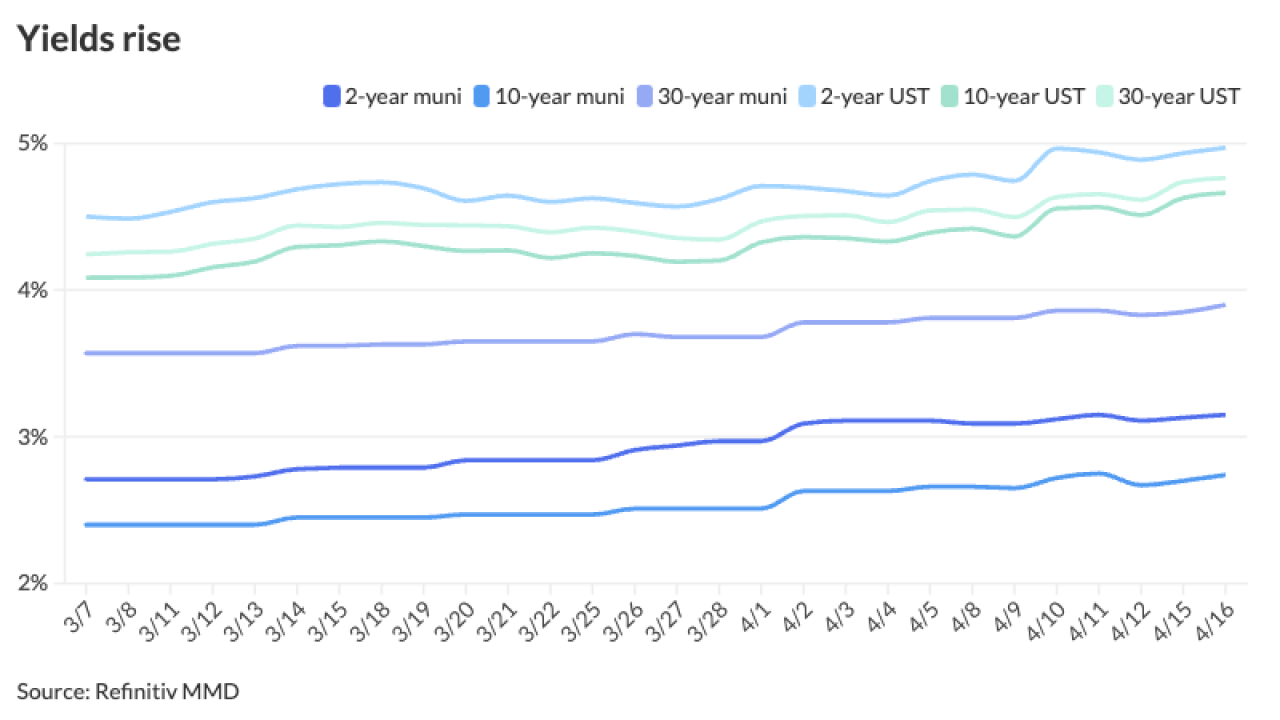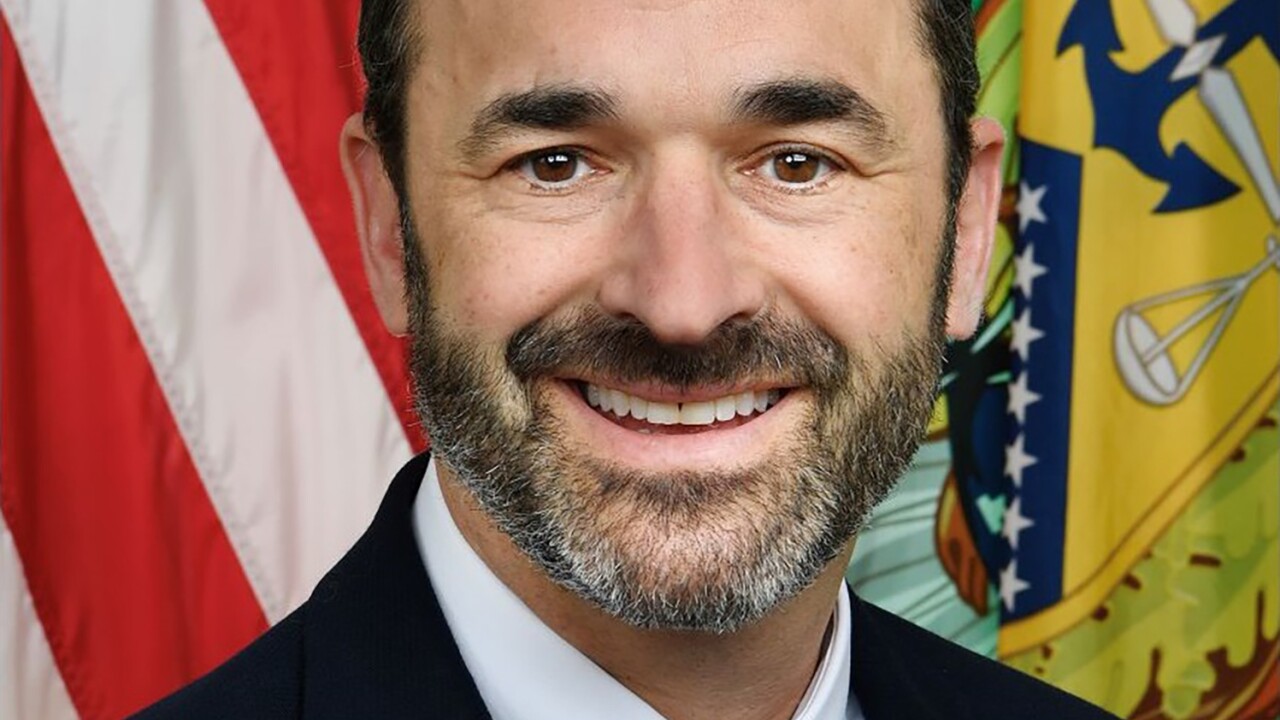WASHINGTON — Two prominent industry groups are raising strong objections to draft changes the Municipal Securities Rulemaking Board proposed for its Rule G-37 on political contributions that would require dealer-affiliated banks and bank holding company political action committees to disclose the contributions they make to issuer officials.
In separate comment letters, the Securities Industry and Financial Markets Association and the ABA Securities Association, an affiliate of the American Bankers Association, argued the MSRB does not have the jurisdiction over PACs that are not controlled by municipal dealers, even if those committees are controlled by bank holding companies affiliated with them.
But putting the issue of jurisdiction aside, SIFMA said it is “problematic” that the draft changes to G-37 would mandate dealers to solicit information on political contributions from PACs they do not control, largely because that would undermine written supervisory procedures that require “information barriers” be put in place.
The barriers between a dealer-affiliated PAC and the dealer’s municipal finance professionals are meant to prohibit the PAC from identifying issuers that have received, or are to receive, contributions from it.
“This rule proposal would mandate the sharing of information over information walls, and would likely result in the opposite of its intent by increasing the possibility of violations of” G-37’s prohibition against dealers doing indirectly what they cannot do directly, SIFMA said in a letter written by Leslie Norwood, managing director and associate general counsel.
“We feel that this rule proposal would actually be detrimental to the perception of the market and the protections of the policies and procedures broker-dealers have set up to aid in compliance” with the rule’s prohibition against doing indirectly what cannot be done directly, she added.
Under G-37, which has been in effect since April 1994, a dealer cannot engage in negotiated municipal securities business with an issuer for two years if it or its municipal finance professionals make significant political contributions to officials of issuers who can influence the award of bond businesses. MFPs, however, can contribute up to $250 to any issuer official for whom they can vote.
Under separate changes already approved by the board, the MSRB plans to soon require dealers, their muni professionals, and political action committees to disclose the contributions they make to bond ballot election campaigns, which raise funds to urge voters to vote for bond ballot measures in jurisdictions where voter approval is required. The board is expected to soon file those changes with the Securities and Exchange Commission, which will seek public comments before deciding whether to approve them.
The board drafted additional changes to G-37 to cover contributions to issuers from dealer-affiliated bank and bank holding company PACs in September, because it was concerned about a possible perception that such contributions could influence the awarding of muni securities business to bank-affiliated dealers, MSRB executive director Lynnette Hotchkiss said at the time.
The draft amendments come as a number of securities firms have converted to banks or bank holding companies whose PACs may make contributions to issuer officials, the board has said. Currently, such PAC contributions are not subject to disclosure under the rule.
Because these disclosures do not exist, “it’s hard to know if the contributions are a problem or not,” MSRB general counsel Ernesto Lanza said yesterday, adding that the board is not responding to any specific reports in which dealers are circumventing their internal information walls.
But these types of contributions have been a point of discussion repeatedly over the years, Lanza noted. The board first raised the possibility of such disclosures in 2002, but some commentators said at the time that there was no evidence that PAC contributions were being made to secure muni securities business for an affiliated dealer.
But the ABA Securities Association argued that such disclosures are already reported at the state level and, echoing some of the comments made in 2002, said the board has failed to identify a specific “problematic dealer practice” that the rule change would address.
Further, ABASA said there are several valid reasons for a bank or bank holding-company PAC to contribute to issuers, including to help the best-qualified candidate assume office, and that the contributions would have been made regardless of whether the official’s governmental body ever issues munis.
“Requiring the disclosure of bank and bank holding company PAC contributions to the MSRB presumes or implies a nexus between these contributions and the municipal securities activities of the associated dealer where none exists,” ABASA said in a letter written by Carolyn Walsh, its deputy general counsel.
The group said that if there were such a nexus, such contributions already would violate Rule G-37’s ban against doing indirectly what a dealer cannot do directly, and the agencies that enforce the MSRB’s rules already have the ability to take enforcement action over such conduct.





